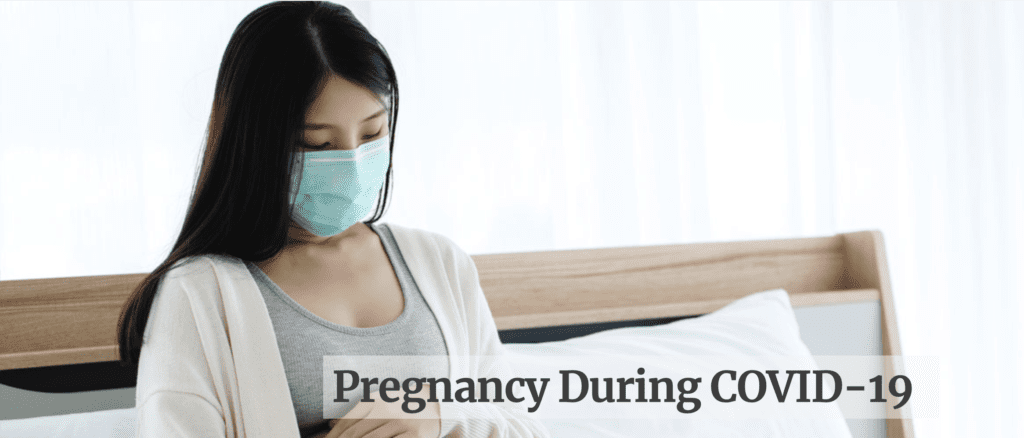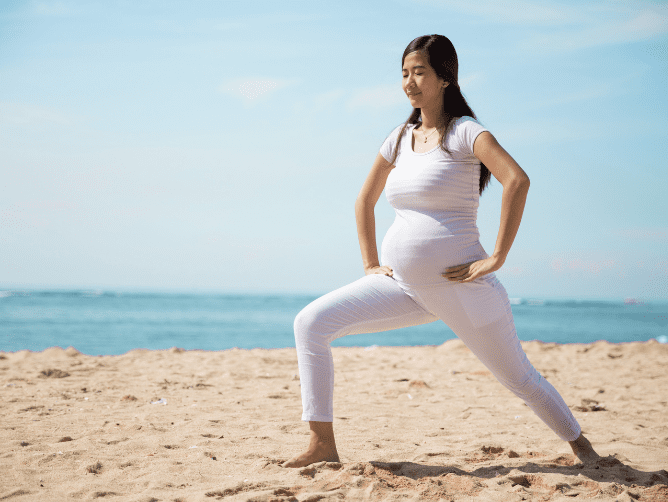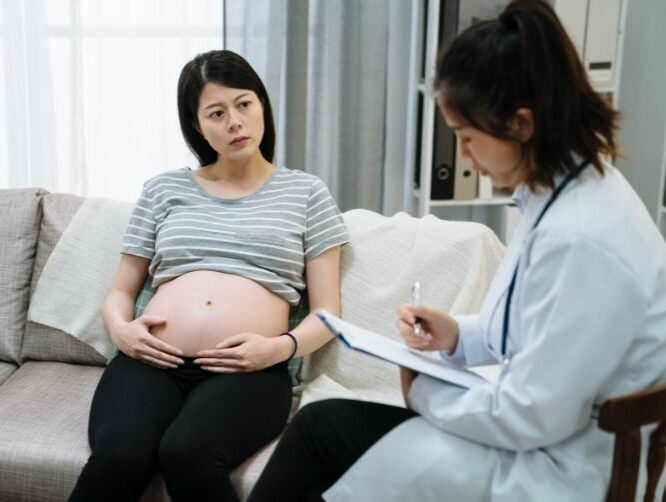Here are the answers to some of the most commonly asked questions about being pregnant during the COVID-19 pandemic.
Pregnancy may be one of life’s greatest joys, one which both mothers- and fathers-to-be relish with excitement and anticipation of baby’s arrival.
However, with the COVID-19 pandemic in full swing around the world, this heightened excitement often gives way to anxiety and stress over the many ‘What ifs’ that could happen.
“Being pregnant, am I at a greater risk of being infected? How will the virus affect my baby? How can I take better care of myself?” Dr John Yam, obstetrician and gynaecologist at Gleneagles Hospital, answers some of these commonly asked questions, from expectant parents worried about the threat COVID-19 poses.
Can COVID-19 affect my pregnancy? If yes, how so?
Yes it could.
Pregnant patients who experience a high fever during pregnancy can have an increased risk of miscarriage. Scientific evidence, so far, shows a low overall risk of 2% in pregnant mothers infected with COVID-19.
Babies of mothers with COVID-19 could also have a lower birth weight. There is also a higher chance of premature labour. However, COVID-19 has not been shown to cause foetal abnormalities. No deaths have been reported amongst expecting mothers who contracted COVID-19.
Being pregnant, am I more at risk of COVID-19 and other respiratory illnesses?
The COVID-19 pandemic presents a lot of dangers for expectant mothers. Pregnant women will experience changes in their immune system, making them more susceptible to viral infections, such as COVID-19 and influenza. Furthermore, depending on the type of virus, different complications may occur in expecting mothers.
What are some of the precautions an expectant mother should take to protect herself?
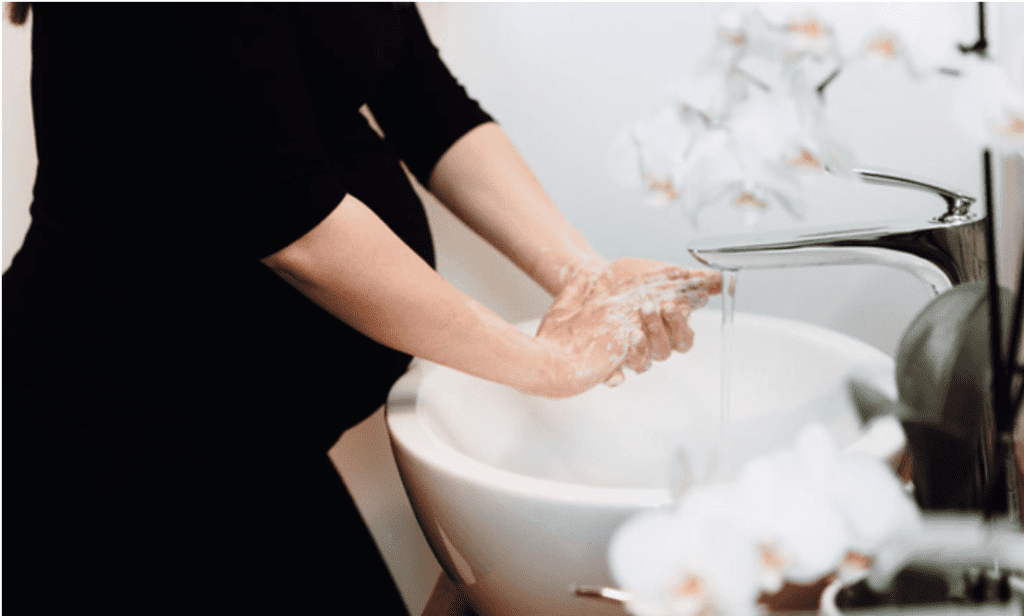
This is also applicable to the rest of the population: Please regularly wash your hands well with soap and water, or with an alcohol-based hand rub (ideally, it should have an alcohol content of at least 70%). Follow the 20-second rule when cleaning your hands to clear its surface of potential viruses. Follow good hygiene practices, such as covering your mouth and nose with your bent elbow or a piece of tissue when you cough or sneeze. This will protect the people around you from viruses such as the common cold, flu and COVID-19. Also make sure to dispose the used tissue immediately.
Stay away from crowded, poorly ventilated places as the chances of spreading virus infections in such places are higher through contact.
Maintain good social distancing. Follow the current guidelines on maintaining an appropriate distance (1m or more) from anyone, especially if they are showing symptoms such as coughing or sneezing as small liquid droplets from their nose or mouth may contain virus.
What are some common pregnancy symptoms that may be mistaken as COVID-19 symptoms?
Nasal congestion can occur in up to 20% of healthy pregnant women. This may be mistaken for COVID-19 symptoms. On the other hand, nasal congestion, if present, may also mask symptoms of a COVID-19 infection. It may also cause sneezing, which could transmit the disease to the people around you.
Shortness of breath due to pregnancy is also a fairly common symptom pregnant women experience. When in doubt, please consult your doctor.
What happens if I get infected with the flu, or COVID-19 during my pregnancy?
With the COVID-19 pandemic, it’s important to pay closer attention to certain symptoms. If you have fever, cough and difficulty in breathing, consult your doctor immediately. It may lead to a respiratory infection or other serious complications.
Can the virus be passed on from mother to baby in the womb, or upon birth?
There have been very few cases of pregnant women being infected with COVID-19, so our understanding of this is still evolving. However with the few cases of infection, babies were not severely affected after being born to mothers who had tested positive for COVID-19.
Should I continue breastfeeding if I get issued a Quarantine Order or Stay-Home-Notice?
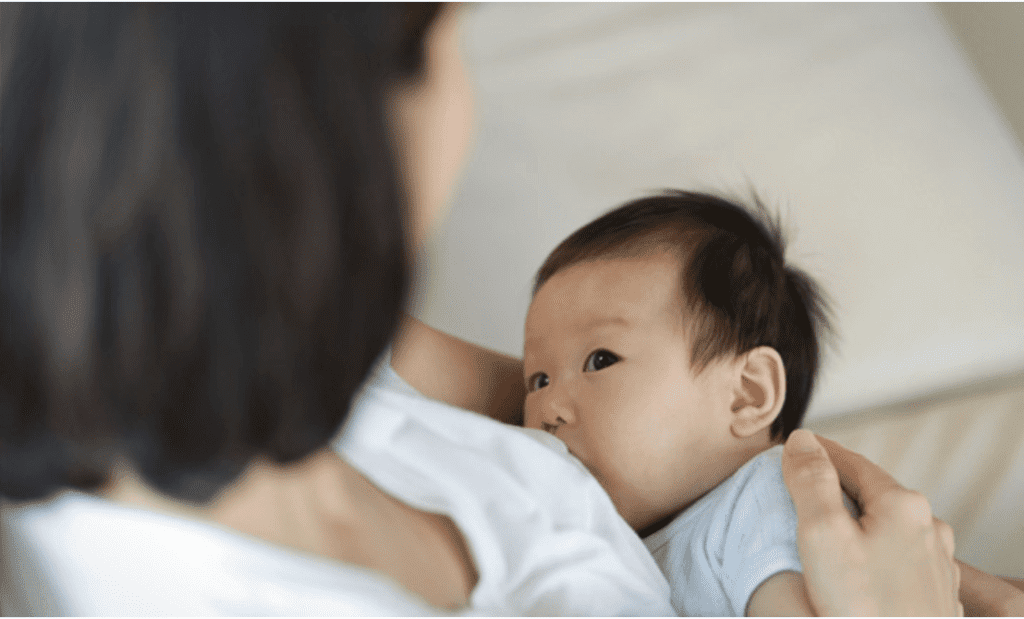
Based on our current knowledge about the virus, breastfeeding can continue even if a mother tests positive for COVID-19. However, wear a face mask when you are carrying your child and observe strict hygiene to reduce the risk of droplets from your mouth and nose coming into contact with your baby.
Are babies at a higher risk of contracting COVID-19?
They appear to have equal risk as adults contracting the virus. However, with the current state of knowledge about the COVID-19 pandemic, the risk of severe complications seems to be much lower in babies than those of adults.
How can I keep my newborn safe from COVID-19 and other respiratory conditions?
Observe strict personal hygiene to reduce the risk of droplets from your mouth and nose from coming into contact with your baby. Alternatively, keep newborn or young children at home and practise responsible social distancing until the situation improves.
How do I ensure a safe environment for my child at home and in public?
Practise strict personal hygiene, wear a mask and maintain social distancing while the COVID-19 pandemic is ongoing. Ensure that all objects and surfaces that your child comes into contact with are meticulously kept clean, and washed thoroughly with soap and water.
Article contributed by Dr John Yam, obstetrician and gynaecologist at Gleneagles Hospital
(Article Source)


